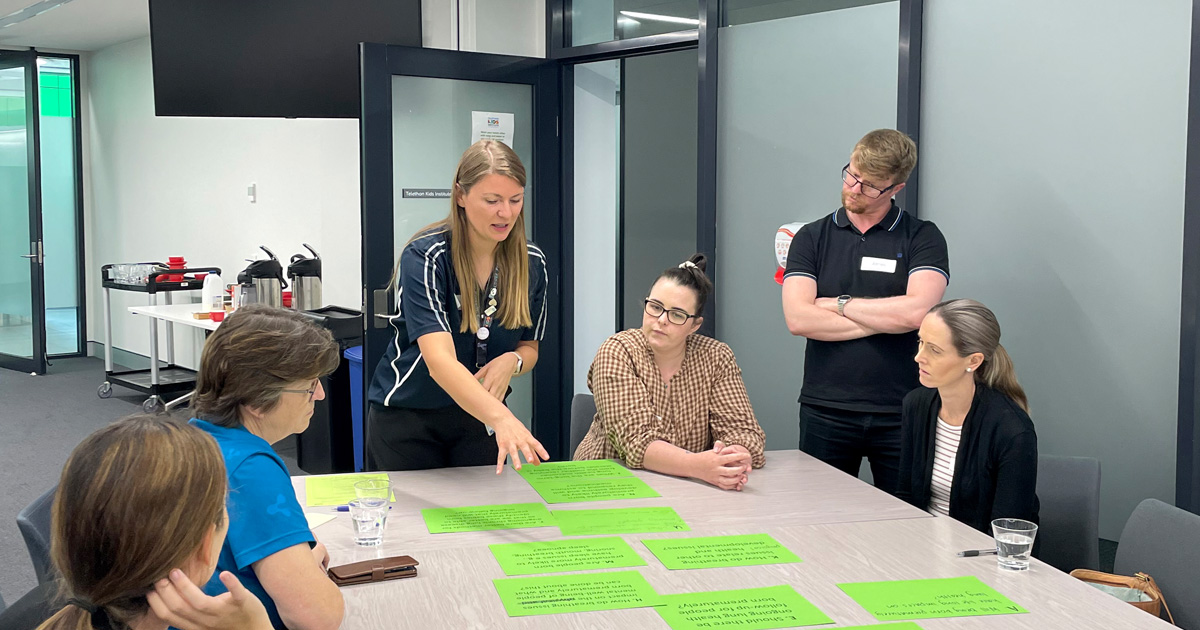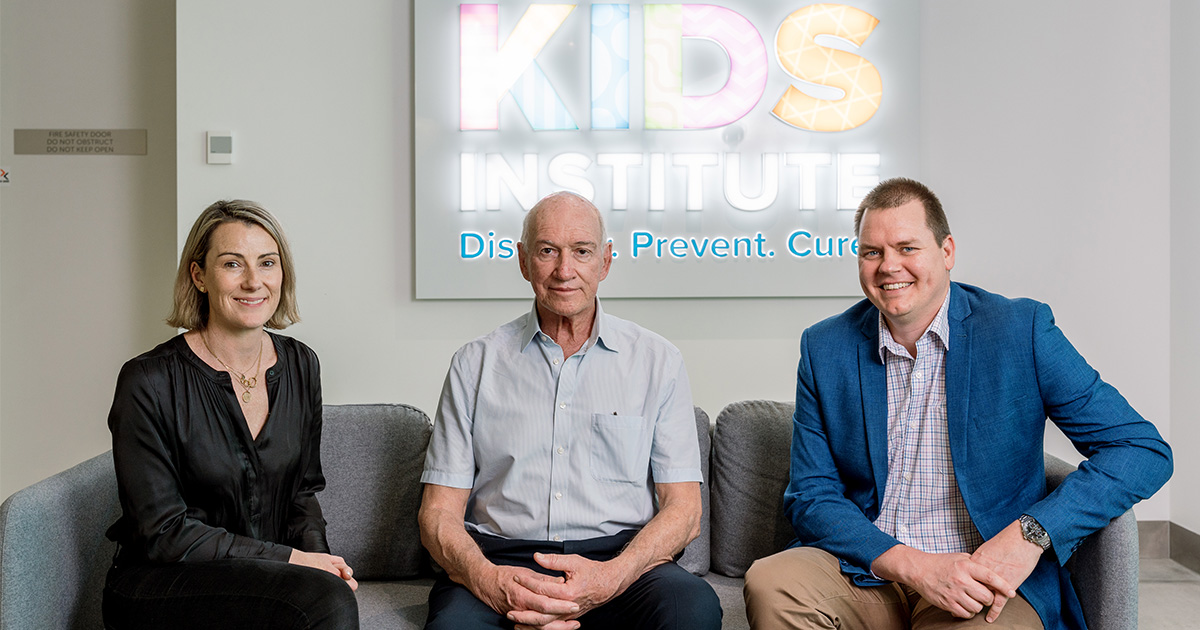Search
Research
The effect of moderate-to-late preterm birth on lung function over the first 5 years of life in a South African birth cohortPreterm birth is associated with increased mortality and morbidity, particularly due to lung disease. Low- and middle-income countries (LMIC) have the highest rates of preterm birth. Infants born extremely preterm rarely survive, so the largest burden is amongst moderate-to-late preterm (MLP) infants. The long-term health impact on MLP children in LMIC is poorly understood. The aim of this study was to assess the effect of MLP birth on lung function trajectories from birth to 5 years in the Drakenstein Child Health Study.
Research
A complete genome of an obligately lytic Pseudomonas aeruginosa bacteriophage, Minga-mokiny 4We report the isolation of a bacteriophage with obligately lytic activity against Pseudomonas aeruginosa from wastewater. The reported phage, Minga-mokiny 4, appears to belong to the Schitoviridae family, is of the Litunavirus genus, and has a 72,362-bp genome. No known genes associated with lysogeny, bacterial resistance, or virulence were predicted.
Research
Oscillometry: clinical significance and applicationsRespiratory oscillometry (or the forced oscillation technique) is a highly practical lung function test that can be applied in a wide range of clinical scenarios in children and adults, including the clinic, intensive care unit, patient home monitoring and emergency departments. Oscillometry measurements complement spirometry in detecting abnormal lung function, measuring effects of treatment such as inhaled corticosteroids or bronchodilators, and changes due to disease activity.
Research
Can lung disease be averted by focusing on early-life inequities?Shannon Simpson BMedSci (hons), PhD Head, Strong Beginnings Research, Co-head Foundations of Lung Disease 08 6319 1631 Shannon.simpson@thekids.org.au
Research
tesG expression as a potential clinical biomarker for chronic Pseudomonas aeruginosa pulmonary biofilm infectionsPseudomonas aeruginosa infections in the lungs affect millions of children and adults worldwide. To our knowledge, no clinically validated prognostic biomarkers for chronic pulmonary P. aeruginosa infections exist. Therefore, this study aims to identify potential prognostic markers for chronic P. aeruginosa biofilm lung infections.

News & Events
Major grant supports innovative infant lung health studyA ground-breaking global clinical trial to improve the lifelong lung health of children born extremely prematurely has been awarded a Medical Research Future Fund (MRFF) International Clinical Trials Collaborations Grant totalling almost $3 million.

News & Events
Community partnership sets priorities for preterm lung health researchRespiratory disease remains one of the most significant complications of preterm birth, with lasting consequences.

News & Events
Company behind device that improves drug delivery to lungs awarded prestigious innovation awardA The Kids Research Institute Australia spin-off company, Inspiring Holdings Pty Ltd (Inspiring), has been announced as winner of the Wesfarmers Wellbeing Platinum Award in the prestigious WA Innovator of the Year awards for their novel Universal Spacer System – a device which improves the delivery of inhaled dru

News & Events
Multi-million-dollar investment in child health to support vital researchFour The Kids Research Institute Australia researchers have received prestigious fellowships and four significant cohort studies led or co-led by The Kids have received key grants under two new funding programs supported by the State Government’s Future Health Research and Innovation (FHRI) Fund.

News & Events
Perron grants help give researchers wingsValuable support from the Stan Perron Charitable Foundation will enable The Kids Research Institute Australia researchers to commence projects on topics ranging from disability, mental health and lung disease to diabetes, Aboriginal leadership, and the development of child-focused pandemic policies.
